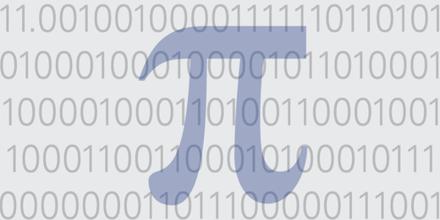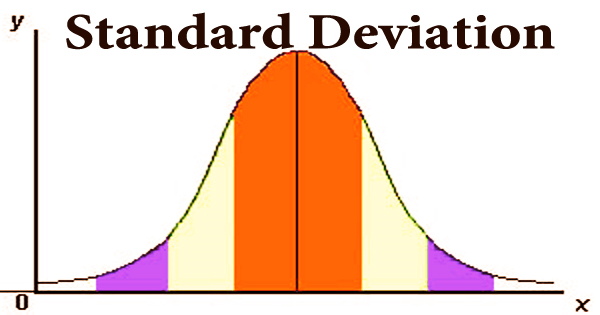Pseudorandomness Process is the theory of efficiently generating objects that “look random” despite being constructed using little or no randomness. This Process is easier to produce than a genuinely random one, and has the benefit that it can be used again and again to produce exactly the same numbers – useful for testing and fixing software. It attempts to constantly replenish the pool, depending on the level of importance, and so will issue a random number.
Pseudorandomness Process
















